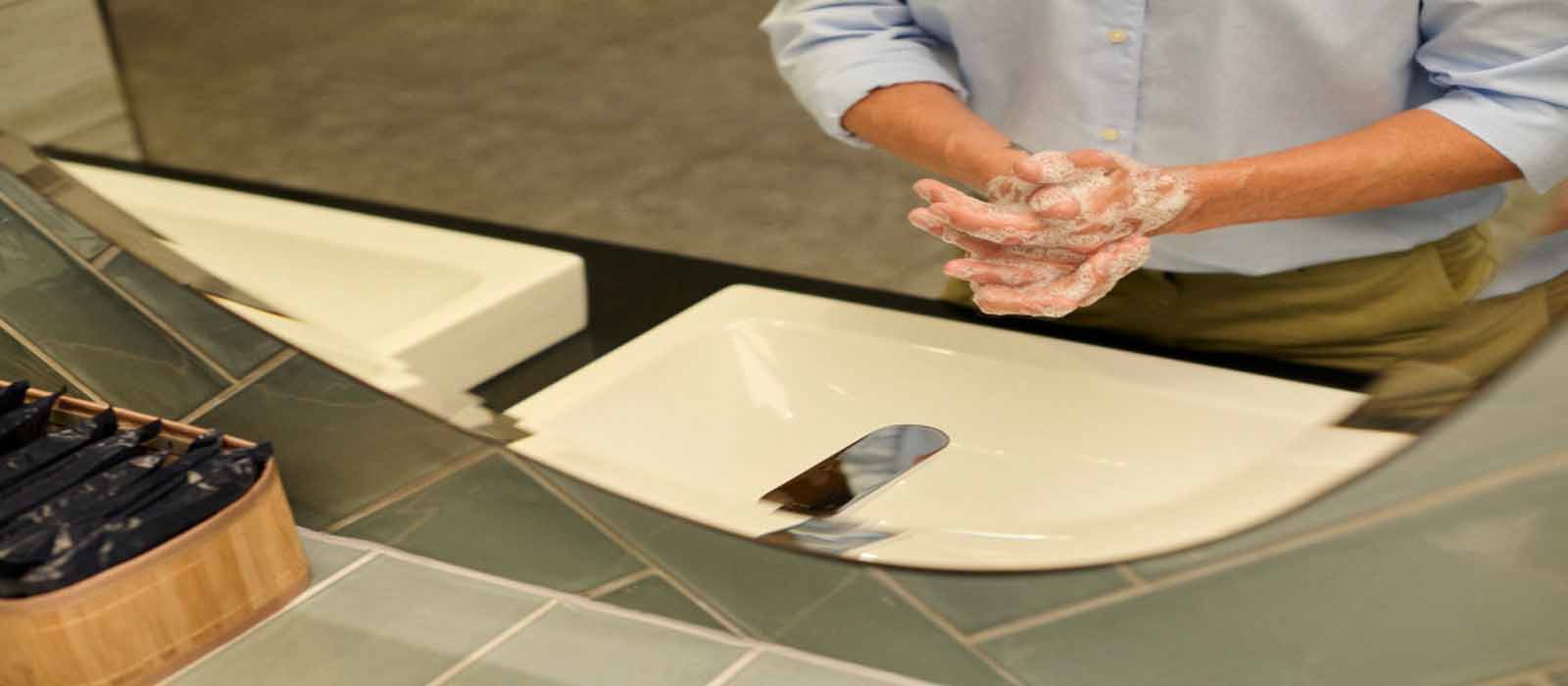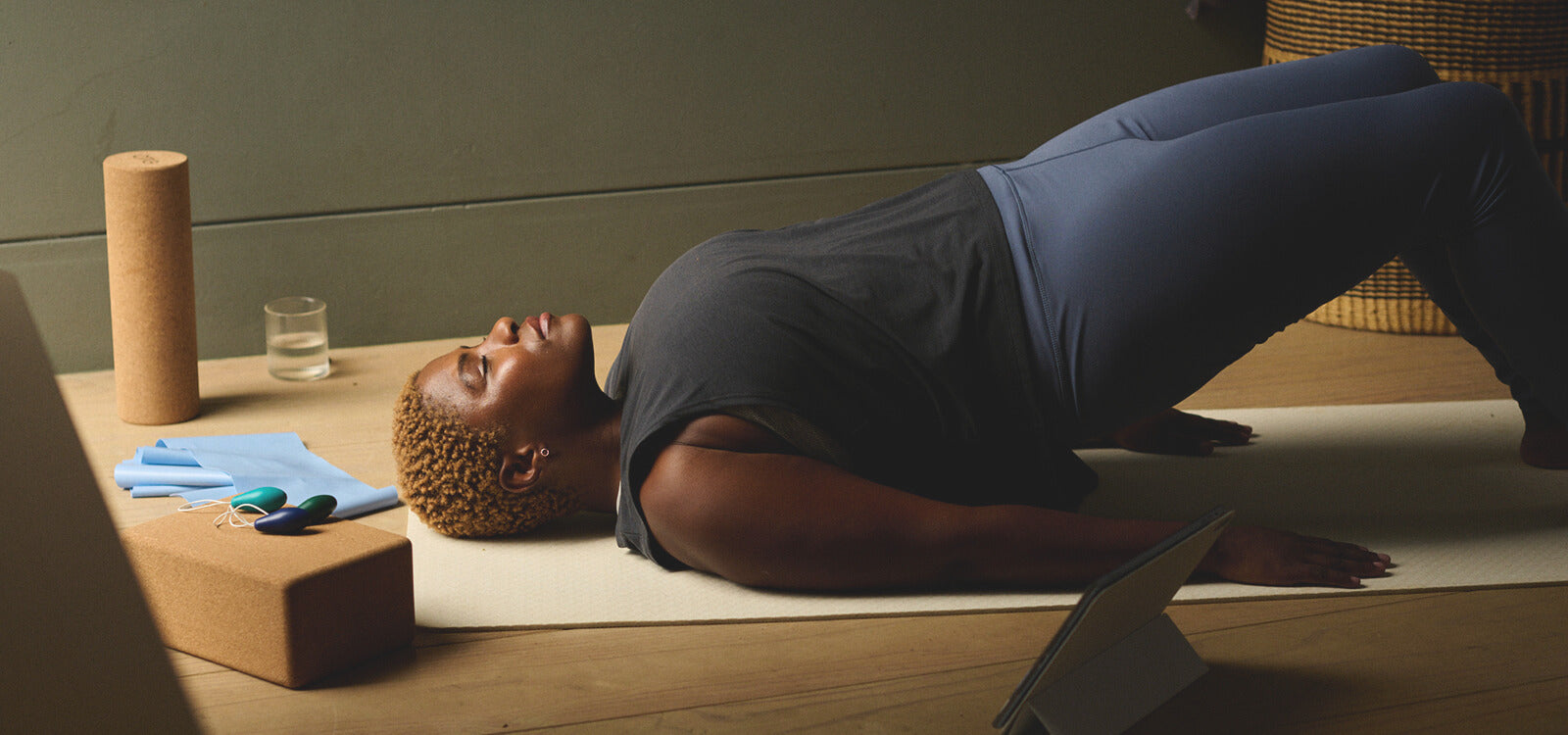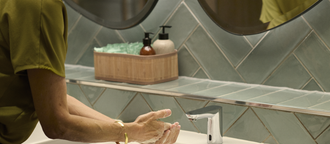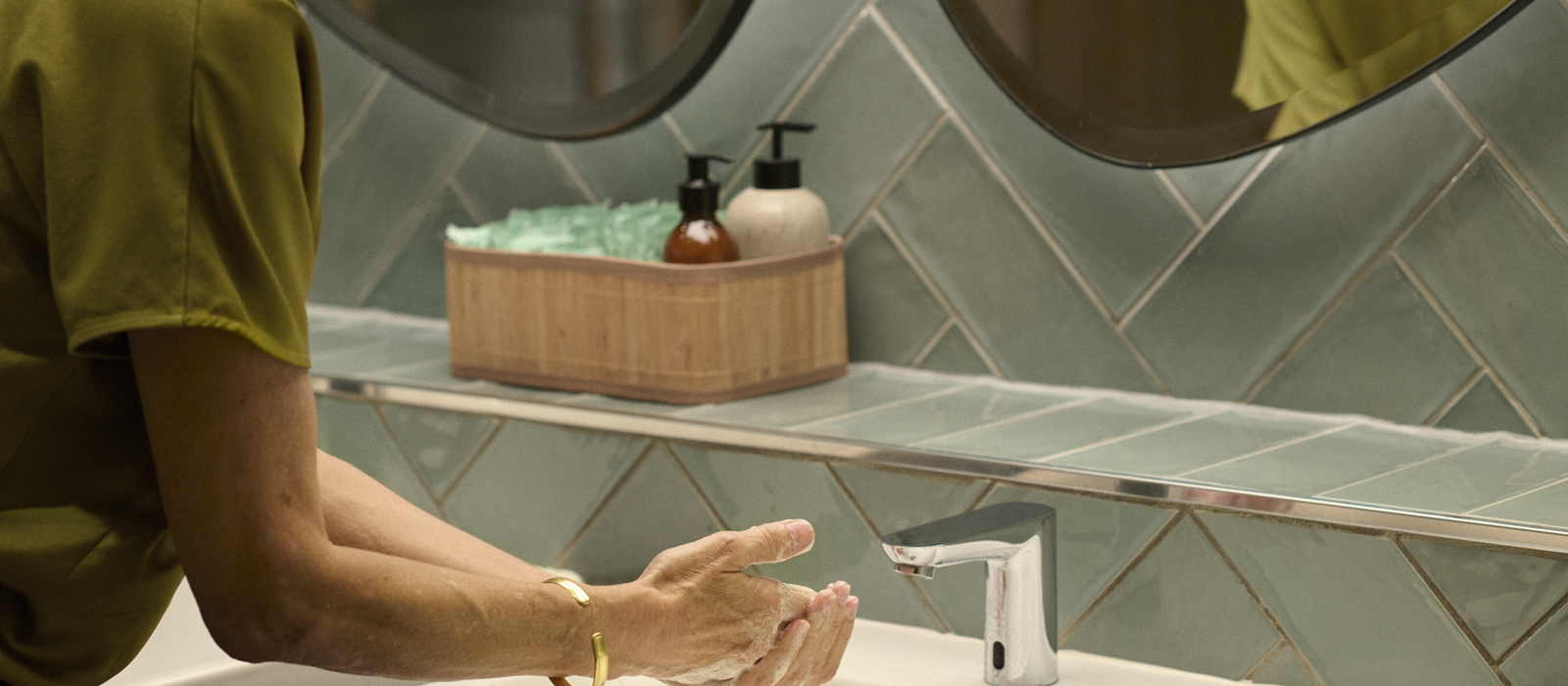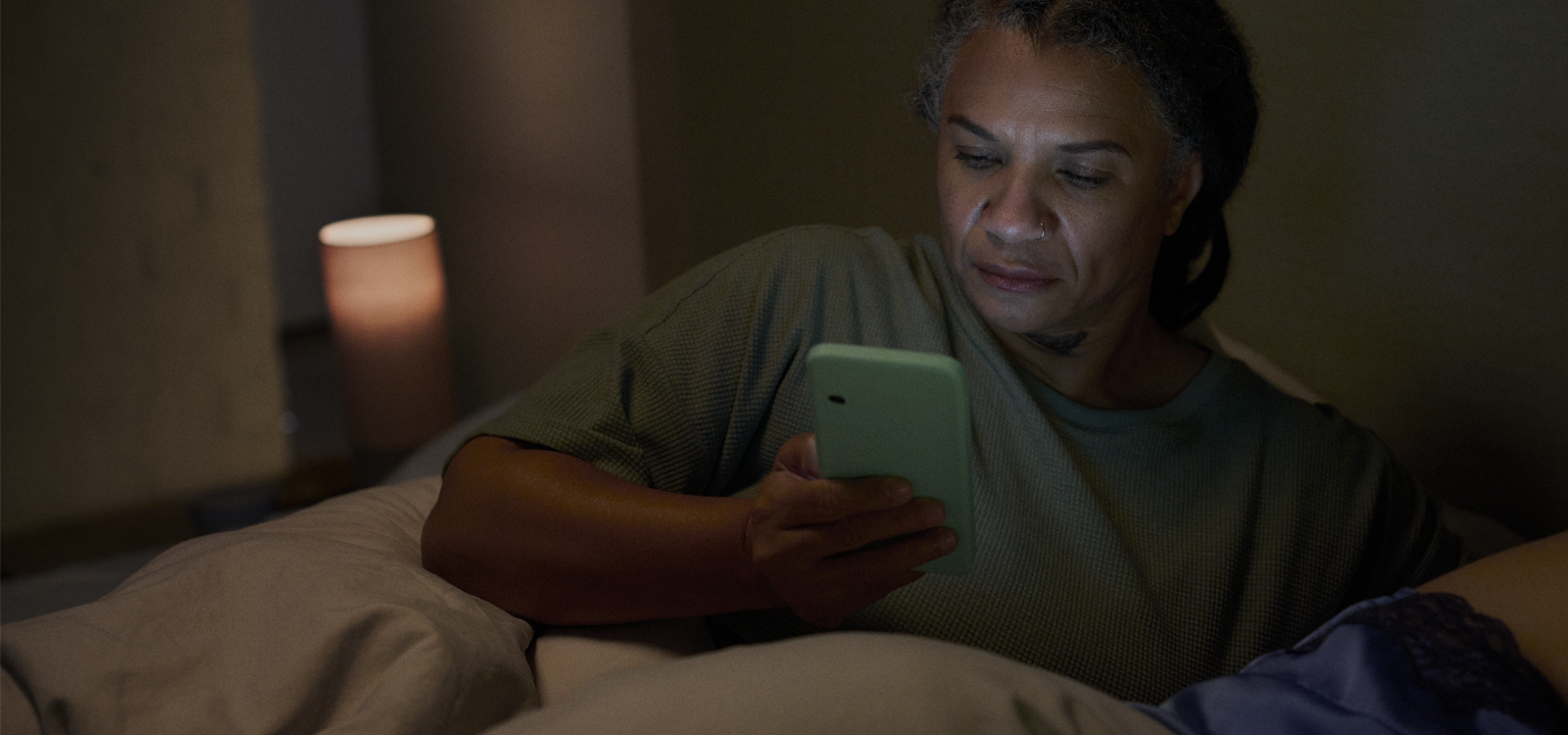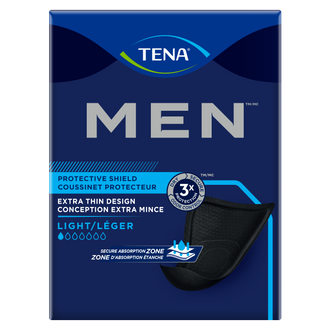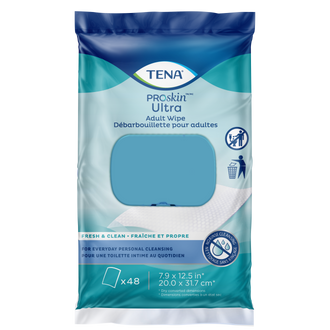Jun 11, 2024
Enlarged prostate vs. overactive bladder
An enlarged prostate is not the same thing as an overactive bladder. But in many cases, an overactive bladder (OAB) is a symptom of an enlarged prostate, which is a common result of aging.
Your urethra passes through your prostate, so when your prostate becomes enlarged it compresses the urethra, restricting the flow of urine. This means the bladder has to work harder to fight the resistance, which can lead receptors in the bladder to become hypersensitive and send signals to your brain that you need to urinate. The urinary urgency you experience as a result is called OAB. This is one of several possible symptoms of bladder emptying difficulties caused by an enlarged prostate. Some other symptoms are:
|
Difficulty getting the flow of urine started |
|
Having to strain or force urine to come out |
|
Having a weak or split urine stream |
|
Having to go to the bathroom many times during the day |
|
Frequently waking up at night needing to pee |
|
Urinary dribbling |
Other causes of urinary leakage
While an enlarged prostate is the most common cause of incontinence issues in men, there are numerous other factors that can lead to symptoms, such as frequent bathroom visits or urinary leakage. These factors may include:
|
Weakened pelvic floor muscles can allow urine to remain trapped in the urethra when you pee. As you move about afterwards, this can leak out in small amounts, known as “post-micturition dribble. |
|
Stress urinary incontinence – involuntary urinary leakages when coughing, laughing, sneezing or exercising – is not a common condition in men but can happen after prostate surgery if the sphincter muscle is weakened or damaged so that it is not able to fully close the urethra. |
|
Urinary tract infections |
|
Chronic constipation |
|
Bladder stones |
|
Uncontrolled diabetes |
|
Mobility issues (e.g. having difficulty reaching the bathroom in time) |
|
Obesity |
|
Drinking large amounts of caffeine |
|
Taking certain medications that may affect the urinary tract |
|
Neurological conditions, such as Parkinson’s disease and multiple sclerosis |
Despite the discomfort to one’s work, social life, and sleep, many people find the disorder embarrassing and don’t seek medical advice or solutions to the symptoms. But you don’t have to let your overactive bladder or leakage issues rule your life. Good treatment is available, and with the right consultation, you can take back control.
Treatment options
The first step in any treatment is always to be diagnosed by a qualified doctor, who will need to understand your health background (like urinary health, lifestyle, current medications, medical conditions, and previous procedures). The doctor might also ask you for a bladder diary in order to get a better understanding of your situation. This is followed by a thorough physical exam to understand the current health of your lower urinary tract and bladder.;
Based on the results of the diagnosis – which may vary from person to person – your doctor will recommend a number of treatment options based on your individual needs.
Lifestyle changes
While you may have heard that many people with an overactive bladder find relief by making certain lifestyle choices, you should always consult your doctor to find out the cause of your problems before making any changes. Treatment recommendations are always based on individual needs, and a proper diagnosis is the first step to taking back control.
It’s likely your doctor will indeed recommend lifestyle changes. These may include:
|
Retraining your bladder |
|
Keeping track of your drinking habits and avoiding alcohol and caffeine |
|
Weight loss |
In addition to the above points, your doctor will likely recommend using incontinence products. At TENA, you can find products specifically designed for men, that are secure and discreet, and protect you from odor.
You’re not alone – talk to a doctor and regain control
Symptoms of an overactive bladder in men are quite common, especially with age and an enlarged prostate. While there are many causes for these symptoms, the outlook is good in most situations. Have a frank conversation with your doctor to get a correct diagnosis and the right treatment, so you can regain control of your time and your daily life.


























































